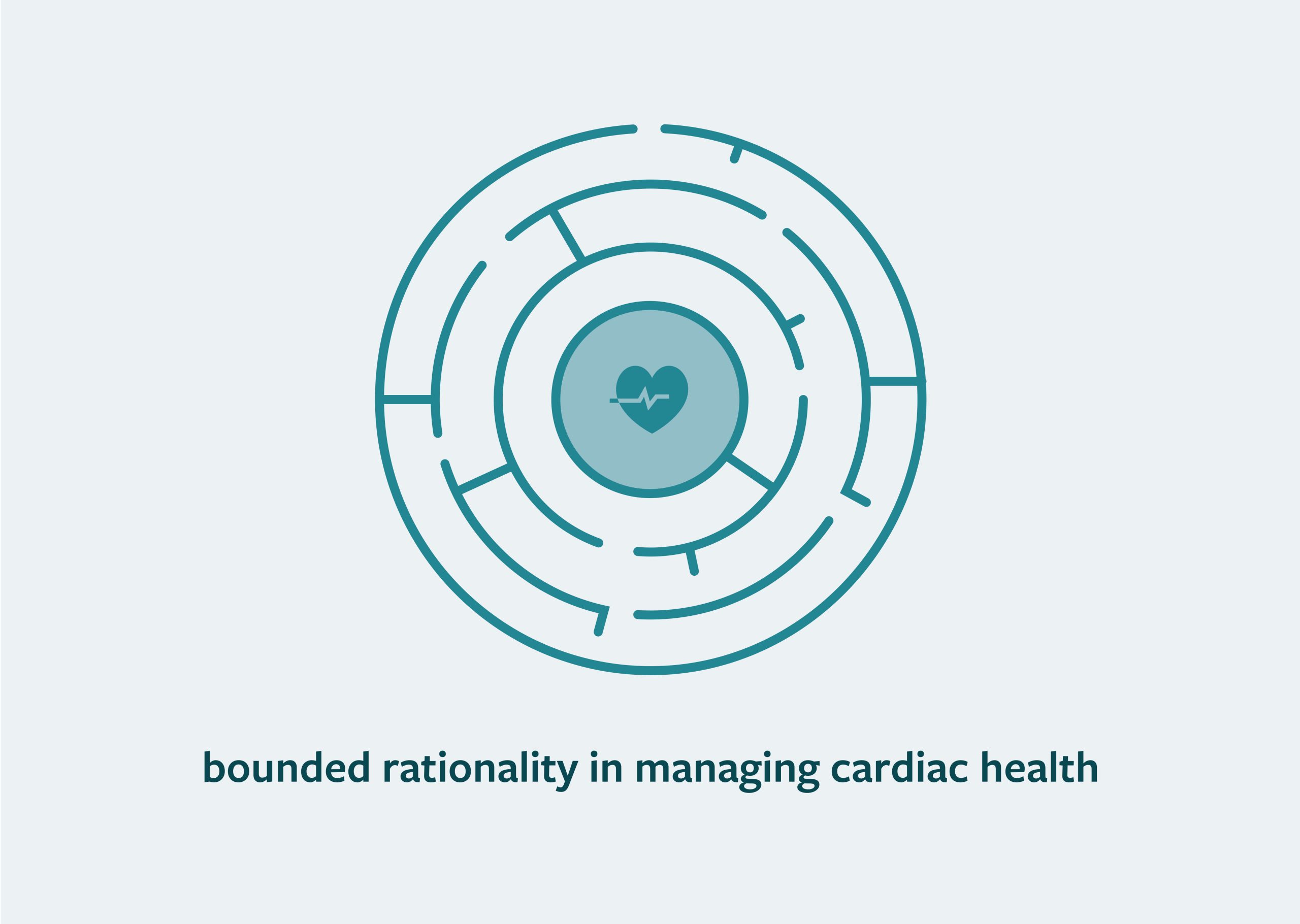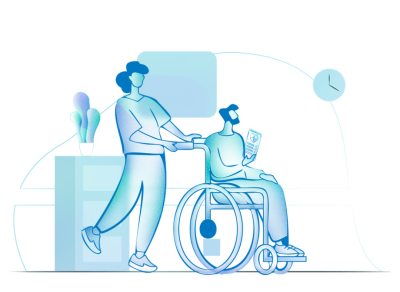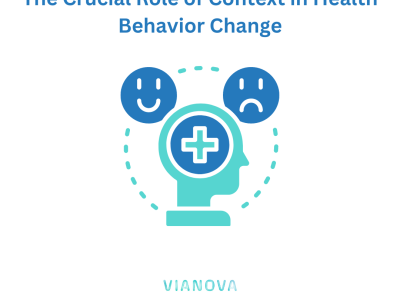
Navigating Cardiac Care with Bounded Rationality: A New Perspective for Chronic Disease Patients
For individuals living with chronic cardiac diseases, each decision, no matter how seemingly insignificant, carries weight. The journey of managing these conditions is fraught with complexities, and as science delves into the psychology behind decision-making, a concept emerges that sheds light on the intricate dance between rationality and constraints. Bounded rationality, a theory that underscores the limitations of human decision-making, provides a fresh perspective on how patients navigate the intricate web of chronic cardiac diseases.
Bounded Rationality: Unveiling the Human Decision-Making Paradox
Bounded rationality challenges the notion of absolute rationality by recognizing that human decision-making is constrained by various factors. Despite a genuine desire to optimize outcomes, individuals are often limited by the intricacies of the problem at hand, cognitive capabilities, and the constraints of time. In essence, we are “satisficers,” seeking satisfactory solutions rather than unattainable optimal ones.
The Implications for Chronic Cardiac Patients
For those grappling with chronic cardiac diseases, bounded rationality strikes a chord. The daily decisions made in managing these conditions are a delicate balancing act, often requiring swift judgments in response to fluctuating symptoms or medical advice. These patients are not immune to the complexities of decision-making under constraints; rather, they navigate a labyrinth where the stakes are high, and the margin for error is slim.
The Dilemma of Treatment Choices
When considering treatment options, chronic cardiac patients often confront a multitude of factors that influence their decisions. Bounded rationality becomes a guiding principle as they weigh the pros and cons of various treatments, mindful of their condition’s unpredictability. The desire for an optimal solution is tempered by the need for a practical, manageable approach that aligns with their lifestyle and financial circumstances.
The Cognitive Load of Lifestyle Changes
Lifestyle modifications, a cornerstone of managing chronic cardiac diseases, can overwhelm patients with their demands. From dietary adjustments and exercise routines to stress management techniques, patients are tasked with integrating these changes into their daily lives. Bounded rationality comes into play as patients seek strategies that provide meaningful improvements while remaining feasible within their existing routines.
The Time Crunch and Urgency
In the realm of chronic cardiac diseases, time is often of the essence. Rapid decisions are required to address sudden symptoms, medication adjustments, or potential emergency situations. The limitations imposed by bounded rationality manifest as patients strive to make swift yet informed choices that maximize their well-being in the face of urgent circumstances.
Embracing Bounded Rationality: A Balanced Approach
While bounded rationality illuminates the challenges inherent in decision-making for chronic cardiac patients, it also offers a roadmap for navigating this complex terrain. Acknowledging these limitations doesn’t diminish patients’ agency; rather, it empowers them to make choices that align with their unique circumstances and aspirations. The journey becomes a quest for satisfactory solutions that strike a harmonious balance between medical recommendations, personal preferences, and practical constraints.
As the paradigm of bounded rationality intersects with the realm of chronic cardiac diseases, a profound understanding emerges. Patients are not merely grappling with their medical conditions; they are navigating a world where rationality is bounded, and choices are made amidst a complex interplay of factors. Bounded rationality underscores humanity in decision-making, offering a lens through which we can appreciate the resilience, adaptability, and resourcefulness of individuals managing chronic cardiac diseases. With this newfound perspective, patients and healthcare providers can forge a collaborative path that embraces bounded rationality while pursuing health and well-being with unwavering determination.



FEEL FREE TO DROP US A LINE.